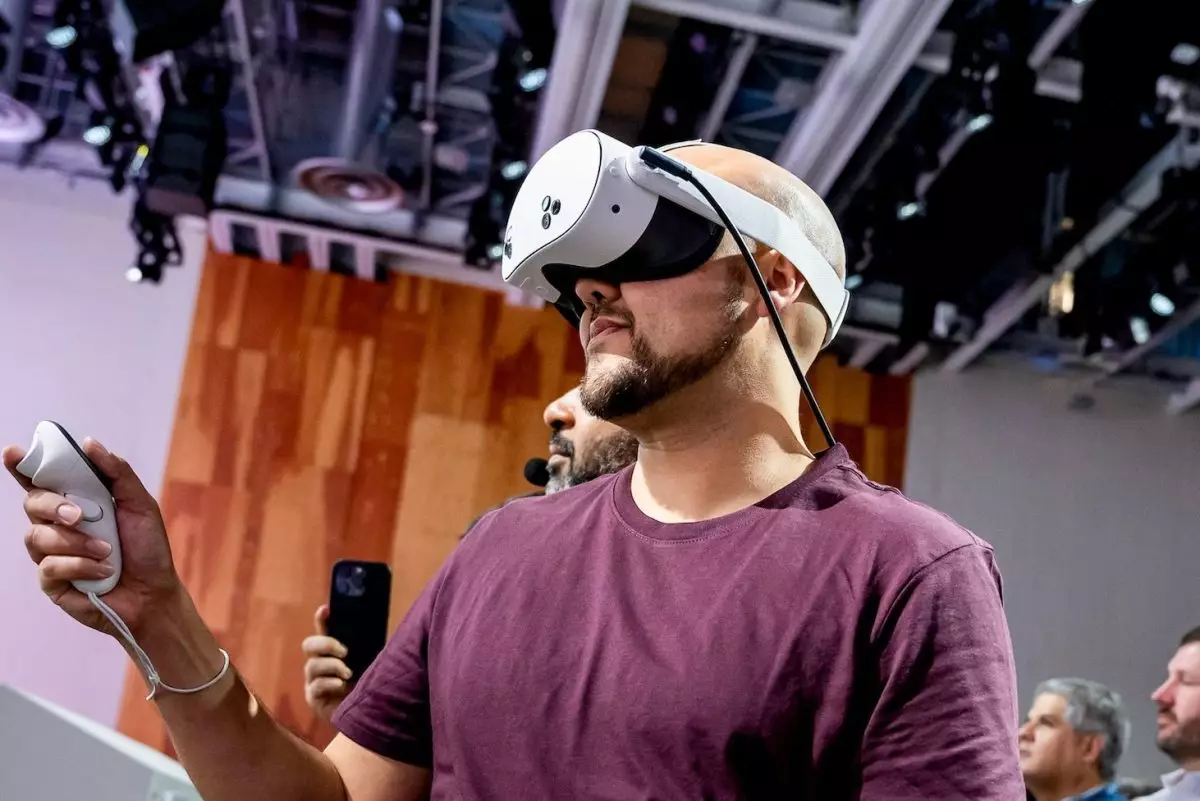As technology continues to reshape various sectors, education stands out as a field ripe for innovation. In a significant move towards integrating virtual reality (VR) into academic environments, Meta, the parent company of Facebook, has recently embarked on a strategic partnership with several esteemed universities in the U.S. and the U.K. This initiative is part of Meta’s broader ambition to democratize VR and make it a more accessible educational tool for institutions across the globe.
Partnering with Educational Institutions
The newly established Meta for Education beta program includes a collaboration with 13 universities, signaling a commitment to enhancing interactive learning experiences. Among the participating institutions are notable names like Arizona State University, Imperial College London, and the University of Michigan. Through this partnership, these universities will have the opportunity to test early versions of a product that aims to redefine how subjects like science, medicine, and the arts are taught. By providing educators with innovative and engaging content, Meta seeks to shift the perception of VR from a niche technology to one that holds genuine educational value.
A critical aspect of the Meta for Education program is its focus on real-world application. As universities begin to integrate VR and mixed reality (XR) prototypes into their curricula, they will gather valuable feedback that will inform future developments. The hands-on testing by students and educators in subjects such as history, language arts, and the sciences provides a unique opportunity to measure the effectiveness of immersive learning. This practical approach could yield insights that guide Meta in refining its offerings to better serve the educational community.
Meta’s ambition does not stop with product testing. The company is also introducing its “digital twin” metaversity program—a groundbreaking initiative that aims to create virtual replicas of real-world campuses. This program will launch in Europe with institutions like the University of Leeds and the University of the Basque Country. Such initiatives underscore the transformative potential of VR in education, enabling students to experience remote learning environments that closely mimic their physical counterparts. This not only enhances accessibility for students who may face geographical barriers but also fosters engagement in ways that traditional classrooms may not.
Despite these ambitious plans, Meta faces significant financial challenges in its pursuit of VR dominance. Reports indicate that Meta’s Reality Labs, which focuses on VR and augmented reality (AR), has been experiencing substantial losses. For instance, the company reported a staggering Q3 loss of $4.4 billion, raising concerns about the long-term viability of such large-scale investments in a technology that has yet to achieve mass adoption. Industry experts speculate that while Meta is proactively exploring educational applications, its financial sustainability is heavily reliant on its ability to navigate these challenges.
Amid Meta’s efforts to pioneer VR in education, competition is emerging. With tech giants like Apple introducing their own immersive headsets—such as the Vision Pro—there is an increasing urgency for Meta to establish itself as the leader in this evolving landscape. The entry of competitors could potentially accelerate the adoption of VR and AR technologies in educational settings. For Meta, this means that successfully implementing these technologies in schools and universities could serve as a catalyst not only for its product development but also for mainstream acceptance of immersive learning experiences.
As Meta forges ahead with its VR initiatives in education, the stakes are higher than ever. The partnerships with universities indicate a willingness to innovate and adapt, essential traits in the fast-paced world of technology. If successful, Meta’s integration of VR into educational frameworks could usher in a new era of learning, where immersive experiences become commonplace. However, it must tread carefully, balancing its ambitious visions with financial prudence, particularly in a competitive environment. The journey is just beginning, and how effectively Meta navigates these waters will ultimately determine the future of VR in education.

